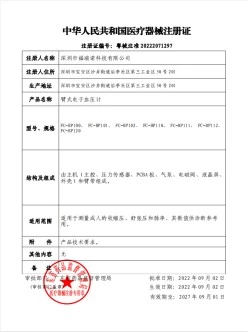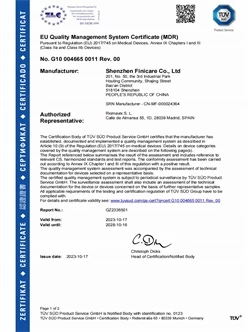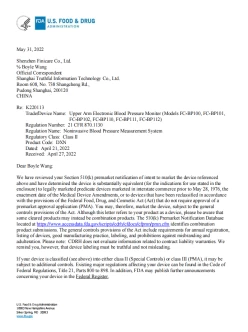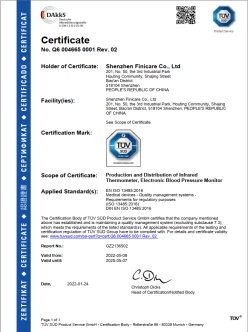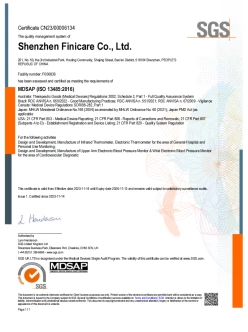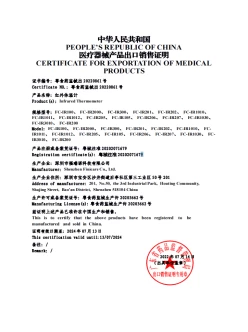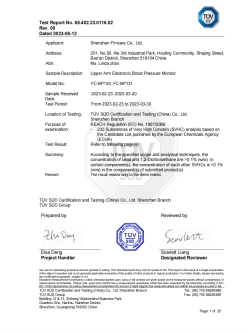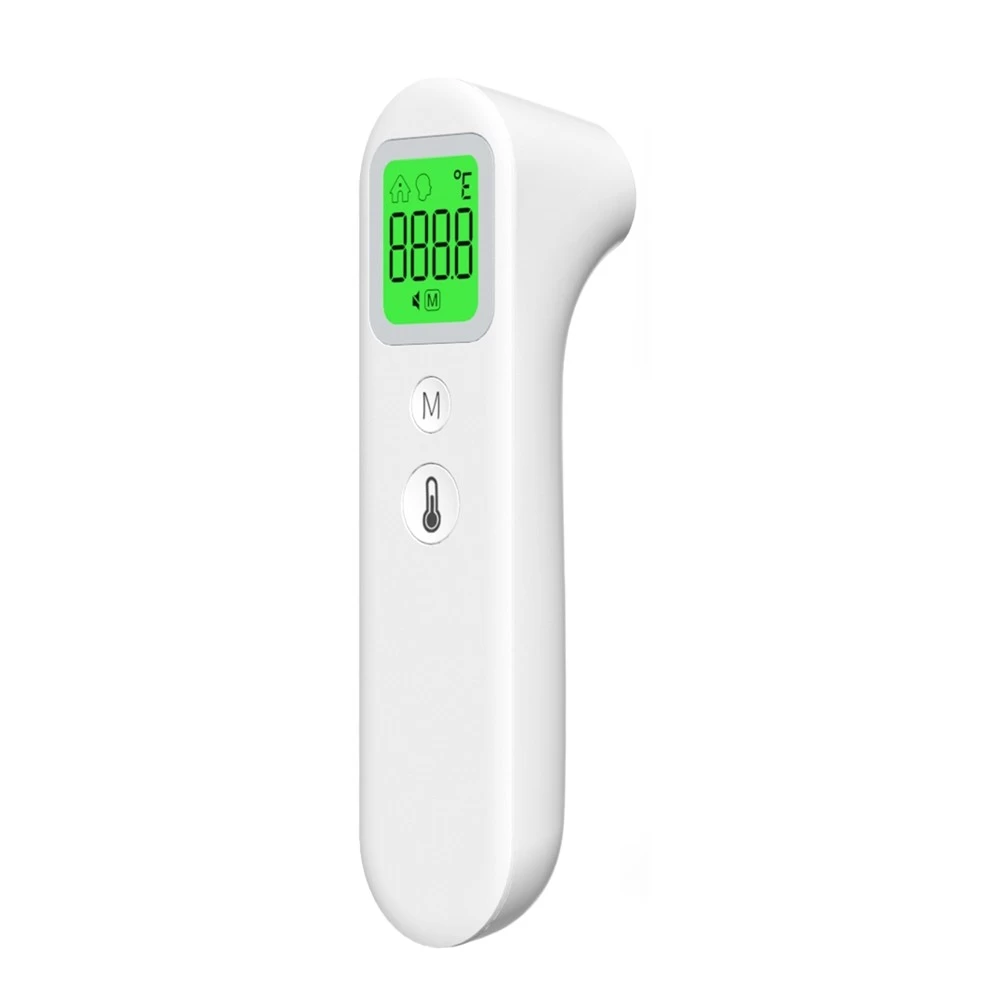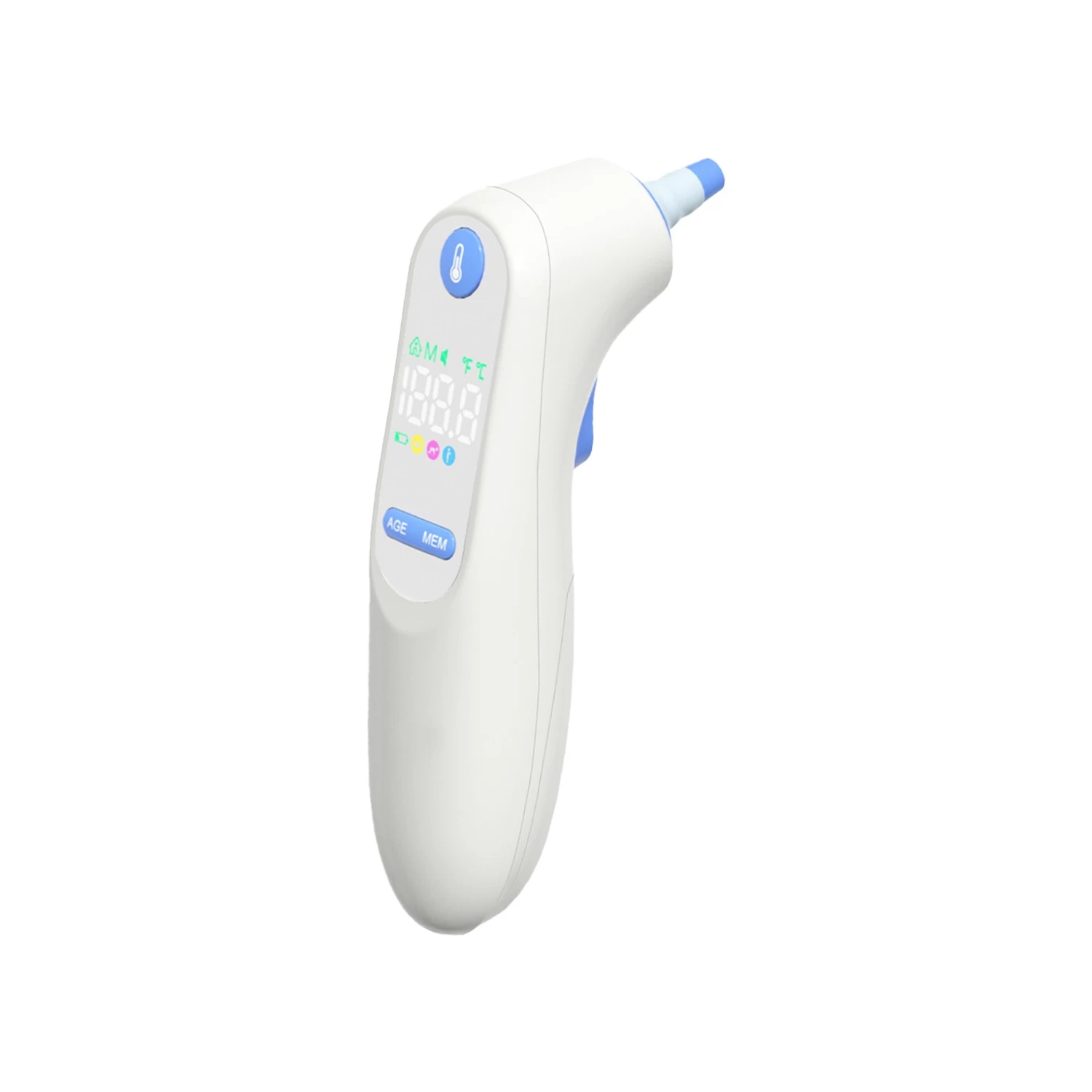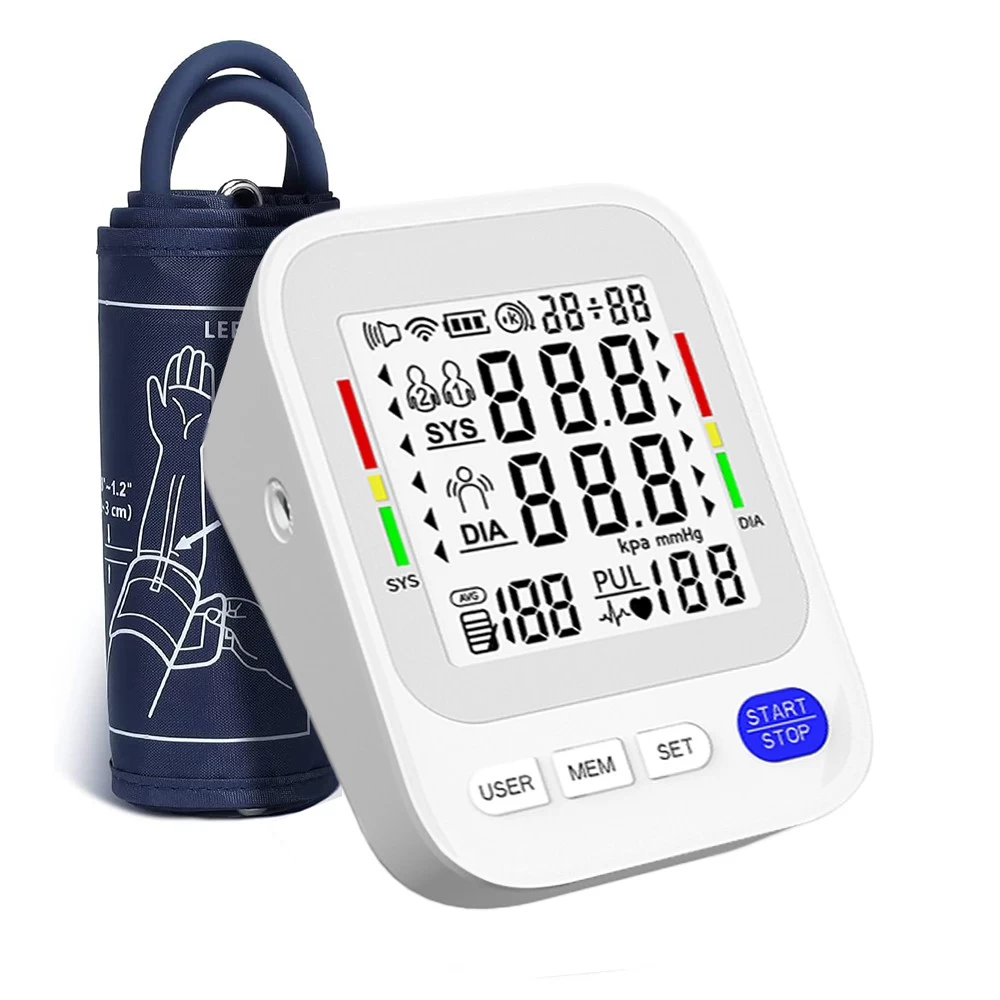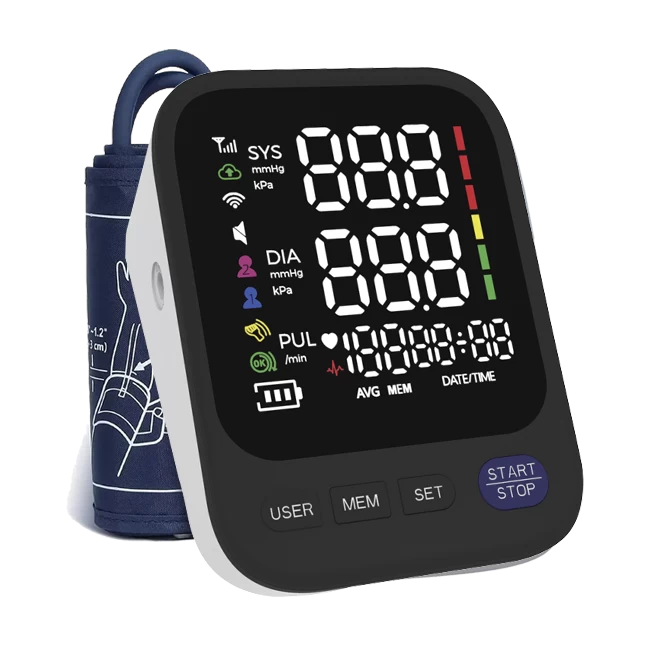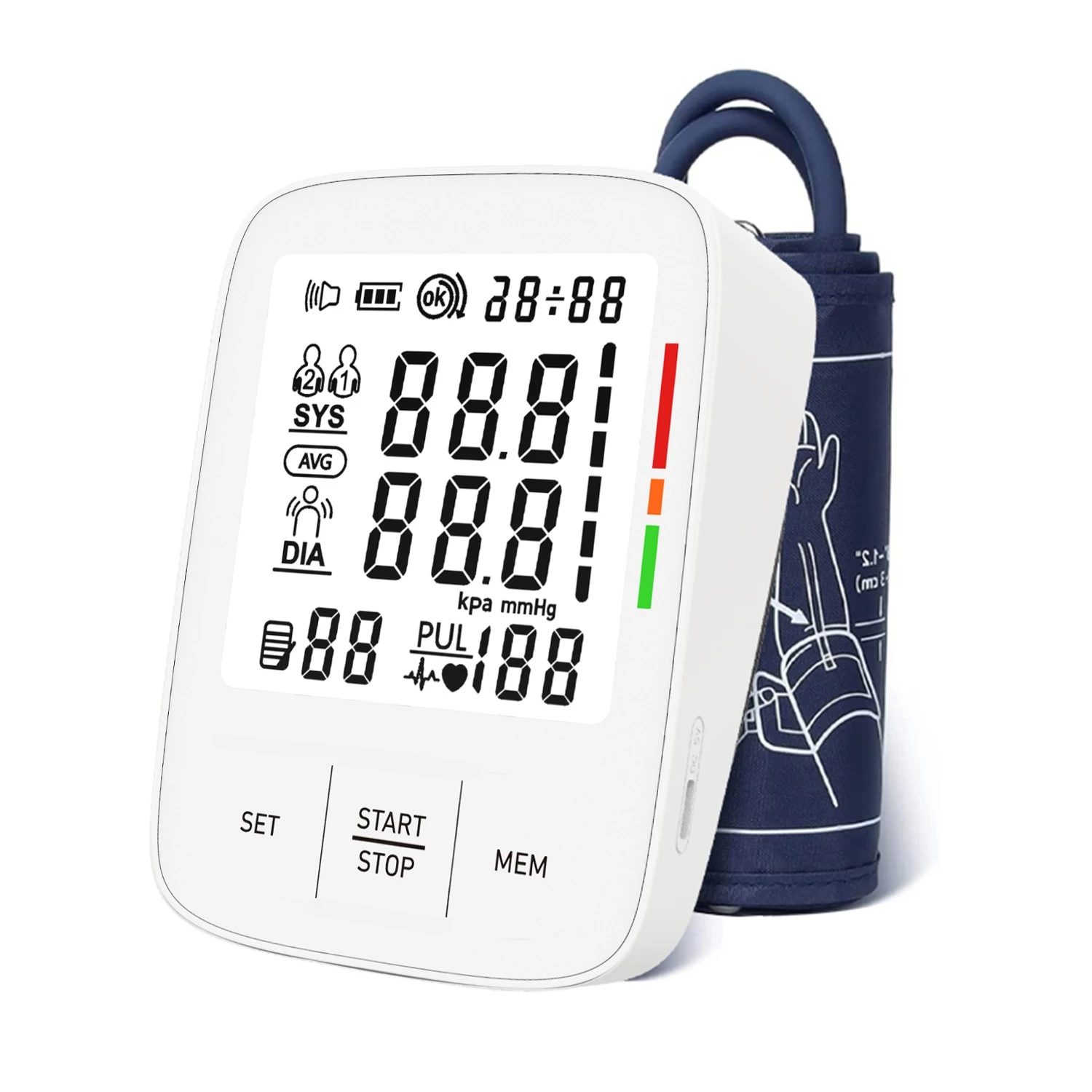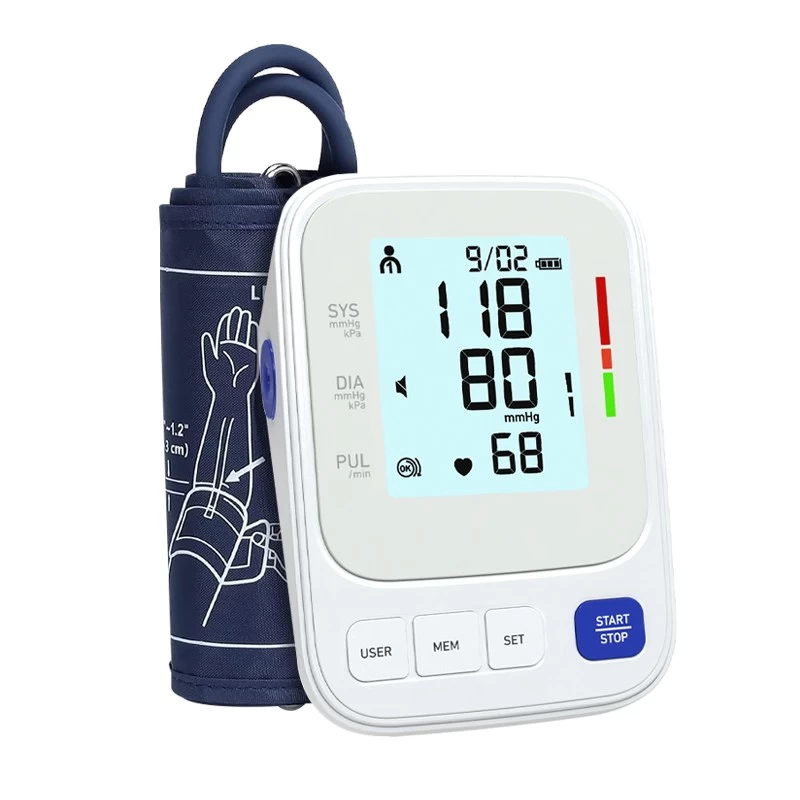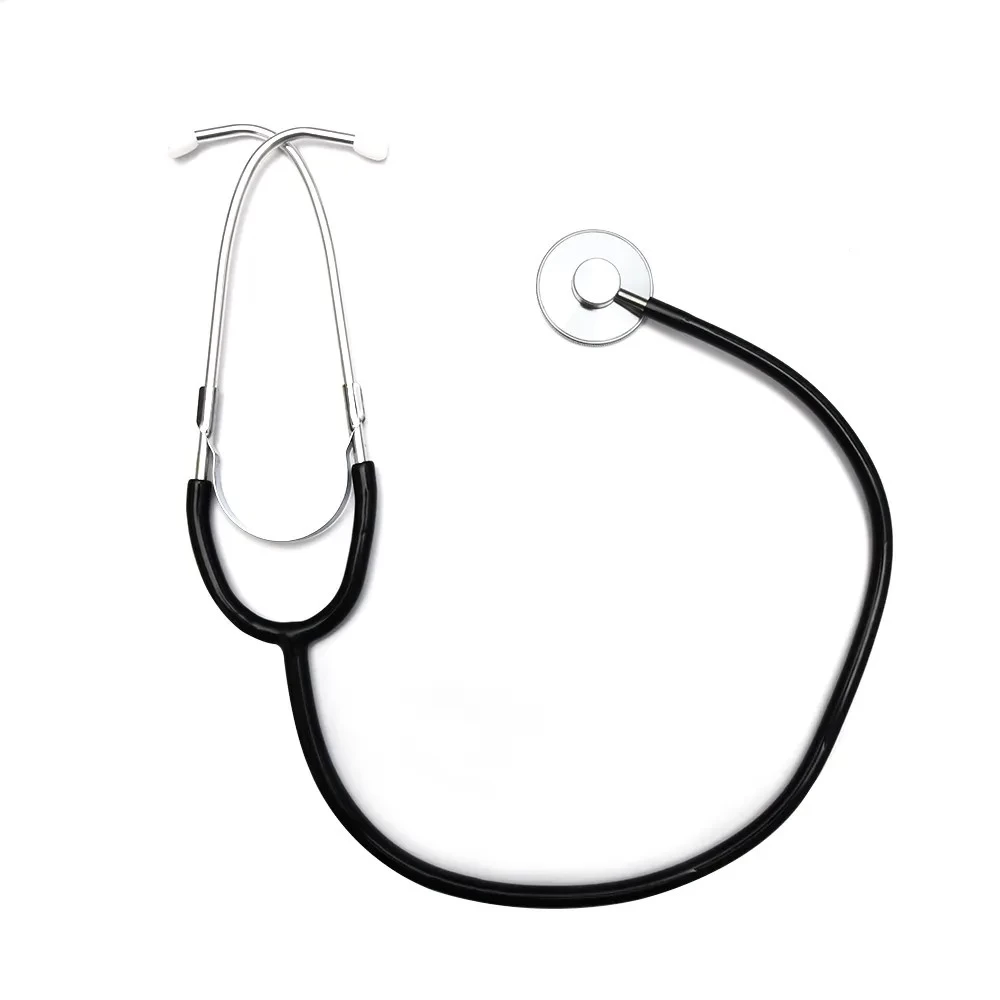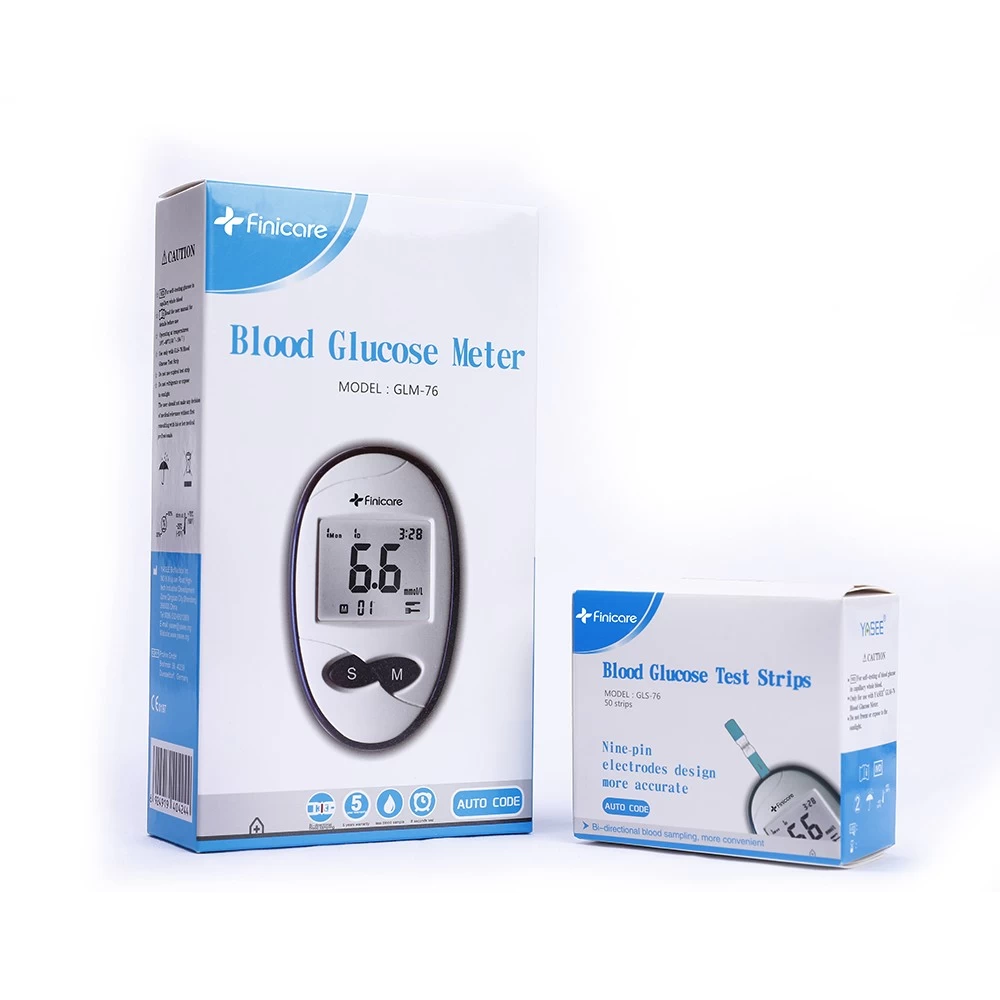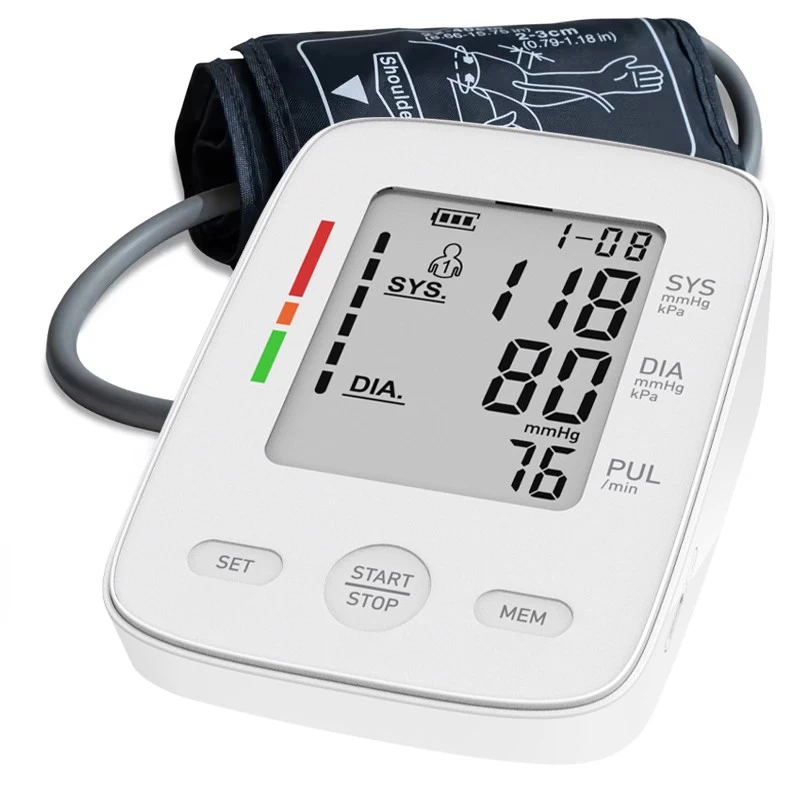Does High Blood Pressure Make You Dizzy?
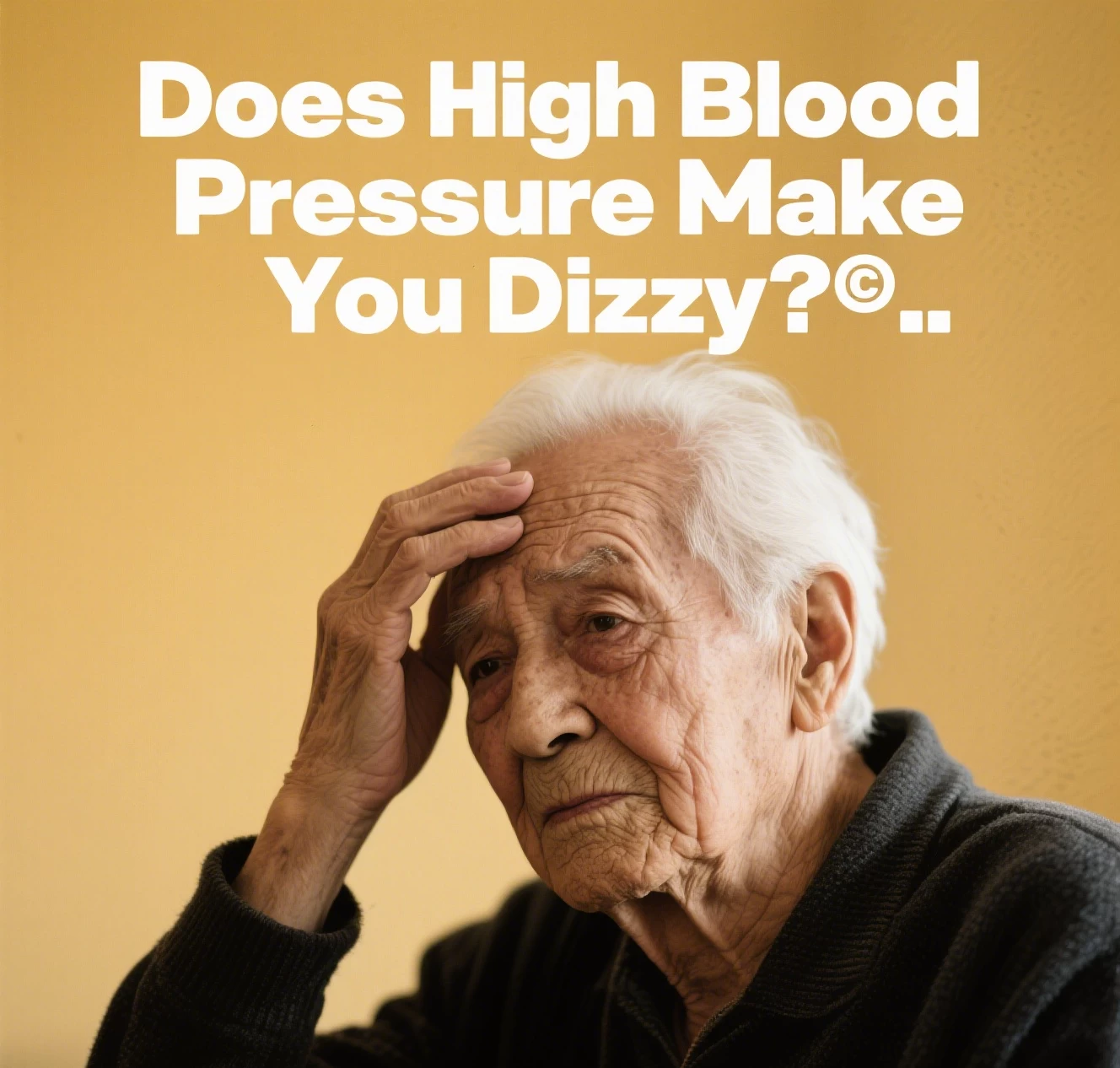
Table of Contents:
1.Does High Blood Pressure Make You Dizzy?
2.Understanding High Blood Pressure
3.The Link Between High Blood Pressure and Dizziness
4.Other Factors Contributing to Dizziness in Hypertension
5.Clinical Evidence and Research
6.Diagnosis and Management
7.Conclusion
1.Does High Blood Pressure Make You Dizzy?
In the realm of health and wellness, high blood pressure, also known as hypertension, stands as a prevalent and often insidious condition that affects millions worldwide. One of the most commonly debated questions regarding hypertension is whether it causes dizziness. To fully understand this relationship, it is essential to delve into the physiological mechanisms of high blood pressure, explore clinical evidence, and consider various factors that may contribute to dizziness in individuals with hypertension.
2.Understanding High Blood Pressure
Blood pressure is the force exerted by circulating blood on the walls of blood vessels. It is measured in millimeters of mercury (mmHg) and consists of two values: systolic pressure (the pressure when the heart contracts) and diastolic pressure (the pressure when the heart relaxes between beats). Normal blood pressure is typically around 120/80 mmHg. High blood pressure, on the other hand, is diagnosed when systolic pressure consistently exceeds 130 mmHg or diastolic pressure exceeds 80 mmHg.
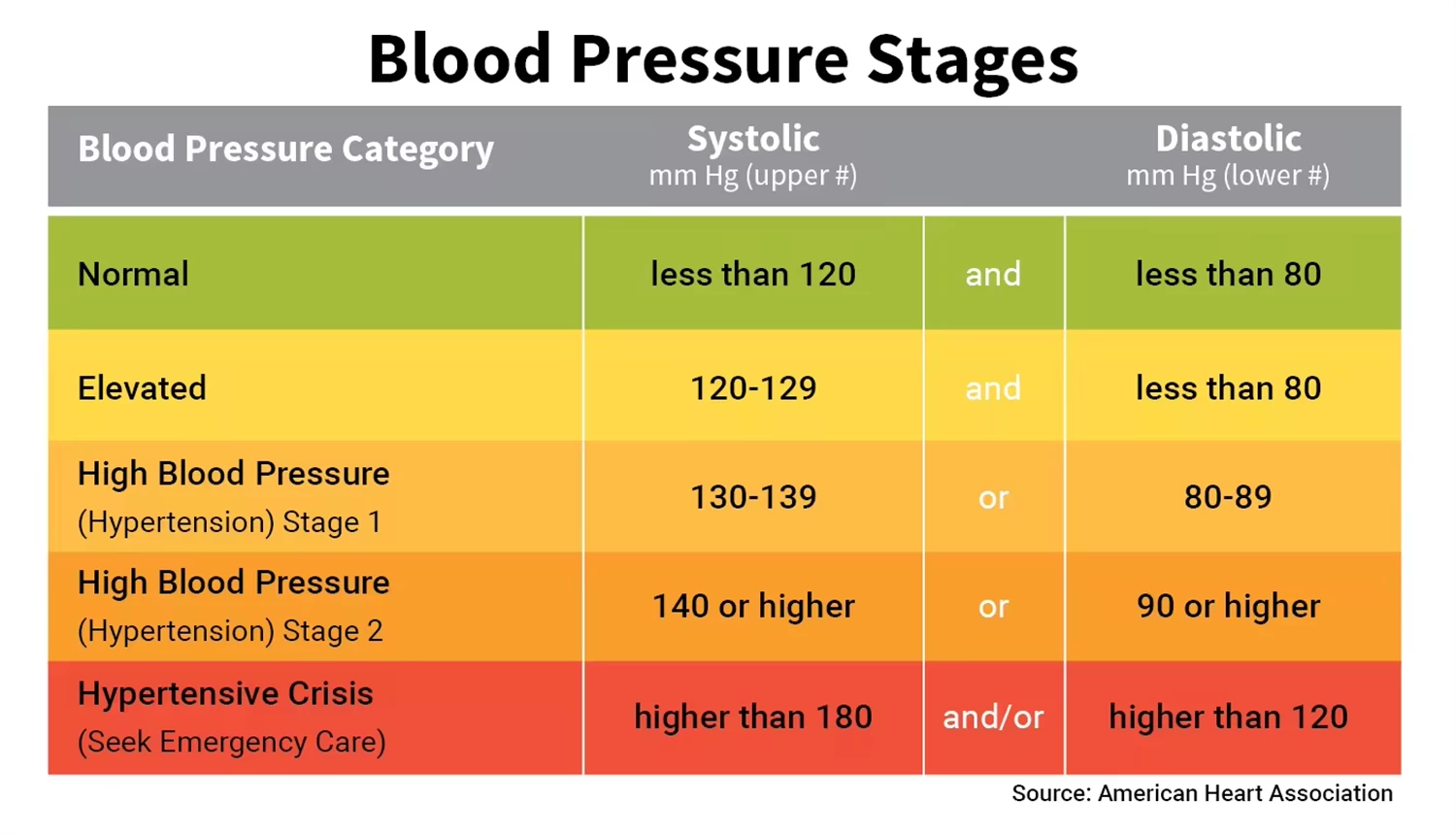
Hypertension can be classified into two main types: primary (essential) hypertension, which has no identifiable cause and accounts for the majority of cases, and secondary hypertension, which is caused by an underlying medical condition such as kidney disease, hormonal disorders, or certain medications. Over time, uncontrolled high blood pressure can damage the arteries, heart, kidneys, and other organs, increasing the risk of serious health complications such as heart attacks, strokes, heart failure, and kidney failure.
3.The Link Between High Blood Pressure and Dizziness
Dizziness is a subjective sensation that can manifest in various ways, including lightheadedness, vertigo (a feeling of spinning or whirling), or unsteadiness. While dizziness is a common symptom that can have many causes, including dehydration, low blood sugar, inner ear problems, and medication side effects, its relationship with high blood pressure is complex and not fully understood.
In some cases, high blood pressure can indeed cause dizziness. When blood pressure is elevated, it can put extra strain on the blood vessels, including those in the brain. This increased pressure can disrupt the normal flow of blood and oxygen to the brain, leading to dizziness. Additionally, high blood pressure can cause the arteries to become stiff and narrow, reducing the flexibility and elasticity of the blood vessels. This can further impede blood flow and contribute to dizziness.
Another way high blood pressure may cause dizziness is through its impact on the autonomic nervous system. The autonomic nervous system regulates involuntary bodily functions, including blood pressure, heart rate, and digestion. When blood pressure is high, it can disrupt the normal functioning of the autonomic nervous system, leading to imbalances in blood pressure regulation. These imbalances can cause sudden drops in blood pressure, known as orthostatic hypotension, which can result in dizziness, especially when standing up quickly from a sitting or lying position.
However, it is important to note that not all individuals with high blood pressure experience dizziness. In fact, hypertension is often referred to as the "silent killer" because it typically does not cause noticeable symptoms in its early stages. Many people with high blood pressure may be unaware of their condition until it is detected during a routine medical examination or when complications develop.
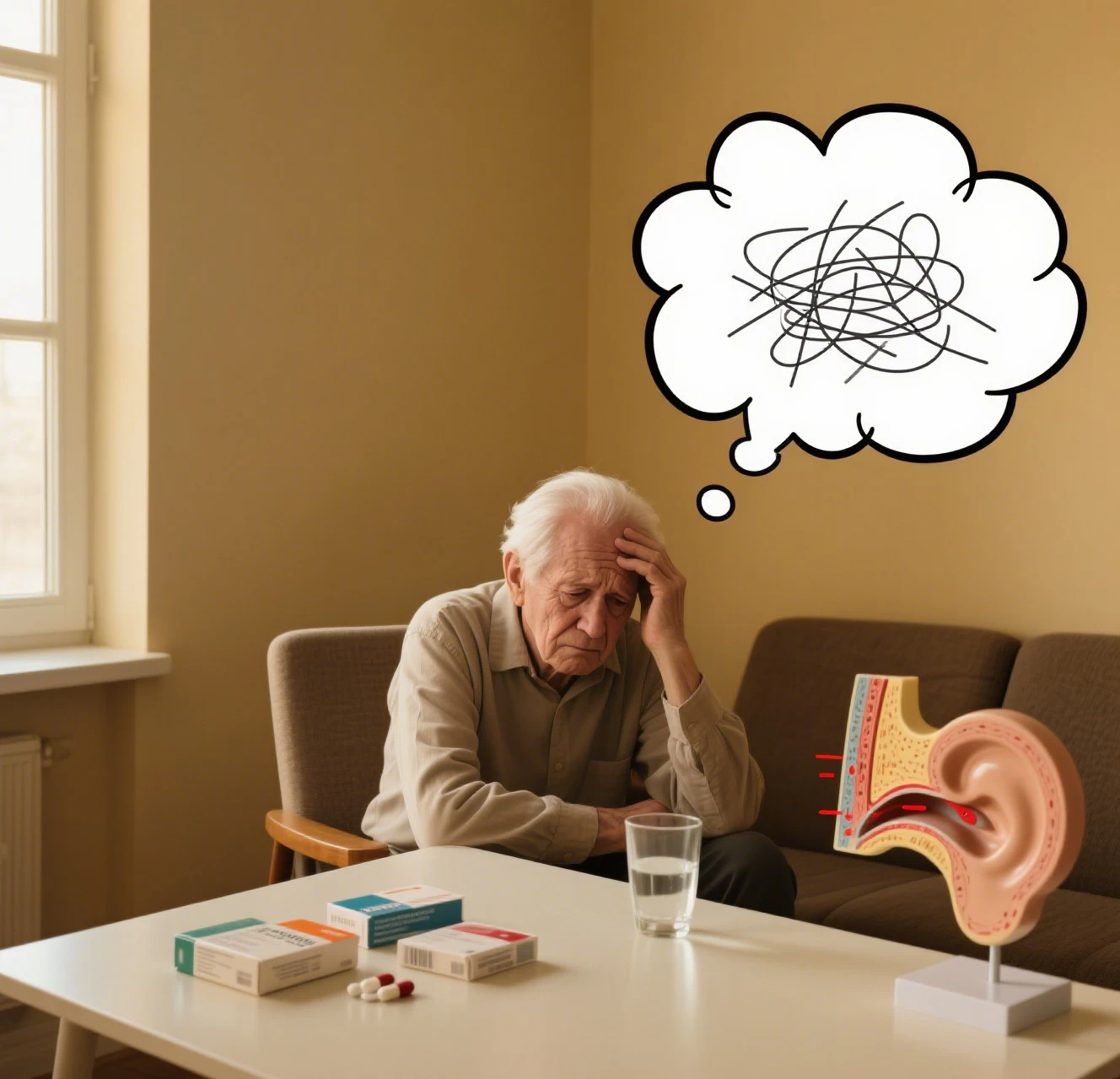
4.Other Factors Contributing to Dizziness in Hypertension
In addition to high blood pressure itself, there are several other factors that can contribute to dizziness in individuals with hypertension. These include:
4.1.Medications: Many medications used to treat high blood pressure, such as diuretics, beta - blockers, and calcium channel blockers, can cause dizziness as a side effect. These medications work by reducing blood pressure, but they can also affect the body's fluid balance, heart rate, or blood vessel tone, leading to dizziness.
4.2.Dehydration: High blood pressure can cause the body to lose more fluid through increased urination, which can lead to dehydration. Dehydration can cause dizziness, especially when combined with other factors such as heat exposure or strenuous exercise.
4.3.Anxiety and Stress: Anxiety and stress can cause the body to release stress hormones, such as adrenaline and cortisol, which can increase blood pressure and cause dizziness. In addition, anxiety and stress can also make existing symptoms of dizziness feel worse.
4.4.Inner Ear Problems: Inner ear problems, such as vestibular disorders, can cause dizziness and balance problems. These problems can be exacerbated by high blood pressure, as the increased pressure can affect the delicate structures of the inner ear.

5.Clinical Evidence and Research
Numerous studies have investigated the relationship between high blood pressure and dizziness, but the results have been somewhat inconsistent. Some studies have found a significant association between hypertension and dizziness, while others have not. One possible explanation for these conflicting results is the complexity of the relationship between high blood pressure and dizziness, which is influenced by multiple factors as discussed above.
For example, a study published in the Journal of the American Geriatrics Society found that among older adults, high blood pressure was associated with an increased risk of dizziness. The researchers suggested that this may be due to the effects of hypertension on the blood vessels in the brain and the autonomic nervous system. However, another study published in the journal Neurology found no significant association between high blood pressure and dizziness in a large sample of middle - aged and older adults.
Despite these mixed results, it is clear that high blood pressure can be a contributing factor to dizziness in some individuals. It is important for healthcare providers to consider hypertension as a potential cause of dizziness, especially in patients with other risk factors for cardiovascular disease.
If you are experiencing dizziness and suspect that high blood pressure may be the cause, it is important to see a healthcare provider for a proper diagnosis. Your doctor will likely perform a physical examination, measure your blood pressure, and may order additional tests, such as blood tests, an electrocardiogram (ECG), or an imaging study of the brain, to rule out other possible causes of dizziness.
If high blood pressure is diagnosed as the cause of your dizziness, your doctor will develop a treatment plan to manage your condition. This may include lifestyle modifications, such as eating a healthy diet, increasing physical activity, quitting smoking, limiting alcohol consumption, and managing stress. In addition, your doctor may prescribe medications to lower your blood pressure, such as diuretics, beta - blockers, calcium channel blockers, or angiotensin - converting enzyme (ACE) inhibitors.
It is important to follow your doctor's treatment plan closely and take your medications as prescribed. Regularly monitoring your blood pressure at home and keeping your doctor informed of any changes in your symptoms or side effects from your medications is also crucial for effectively managing your hypertension and reducing the risk of complications.
In conclusion, the question of whether high blood pressure makes you dizzy does not have a simple yes or no answer. While high blood pressure can cause dizziness in some individuals by disrupting blood flow to the brain, affecting the autonomic nervous system, or through the side effects of medications used to treat it, not everyone with hypertension will experience this symptom.
There are also many other factors that can contribute to dizziness in people with high blood pressure, making the relationship between the two complex. If you are experiencing dizziness, it is important to consult a healthcare provider for a comprehensive evaluation to determine the underlying cause and receive appropriate treatment. By effectively managing high blood pressure through lifestyle changes and medications, individuals can not only reduce the risk of serious health complications but also potentially alleviate symptoms such as dizziness and improve their overall quality of life.


